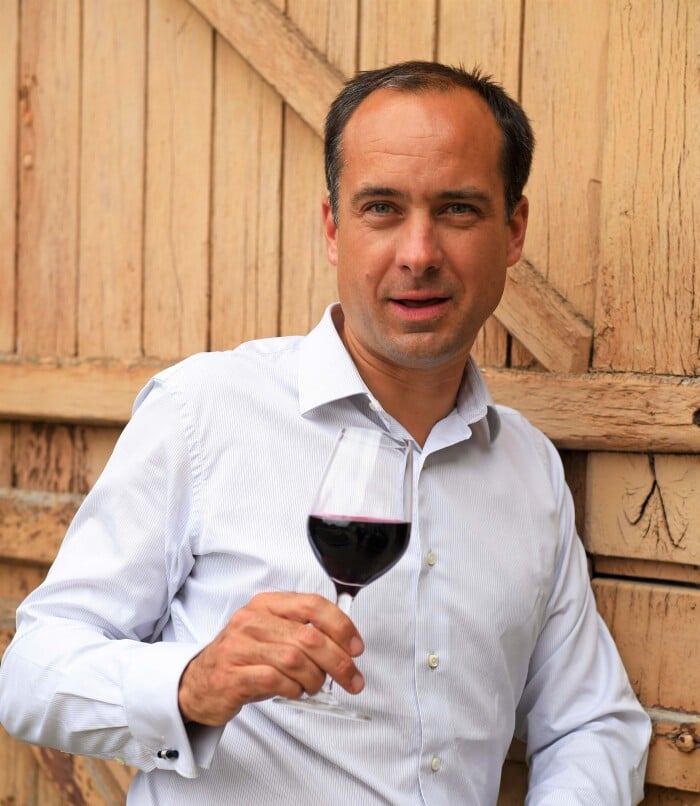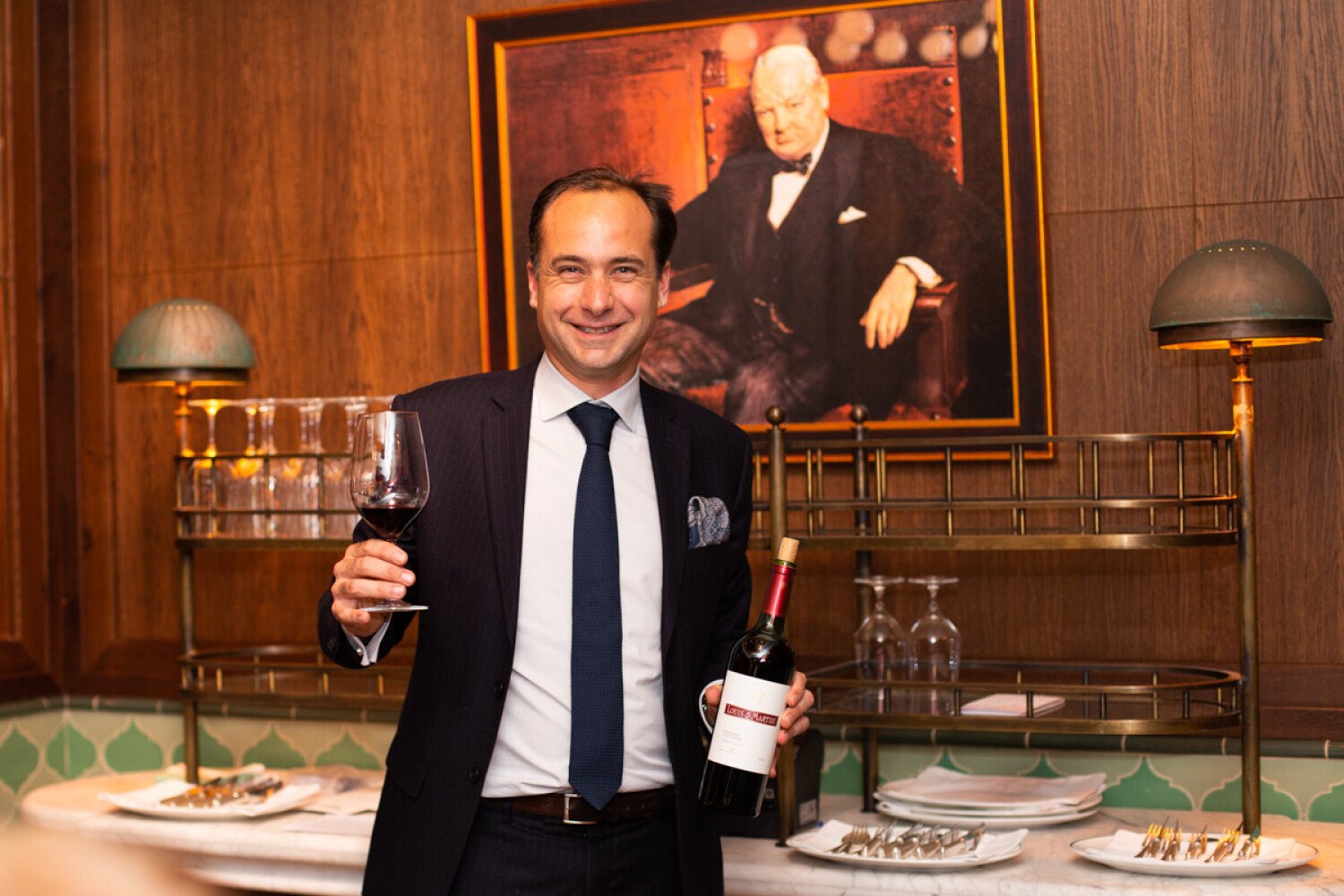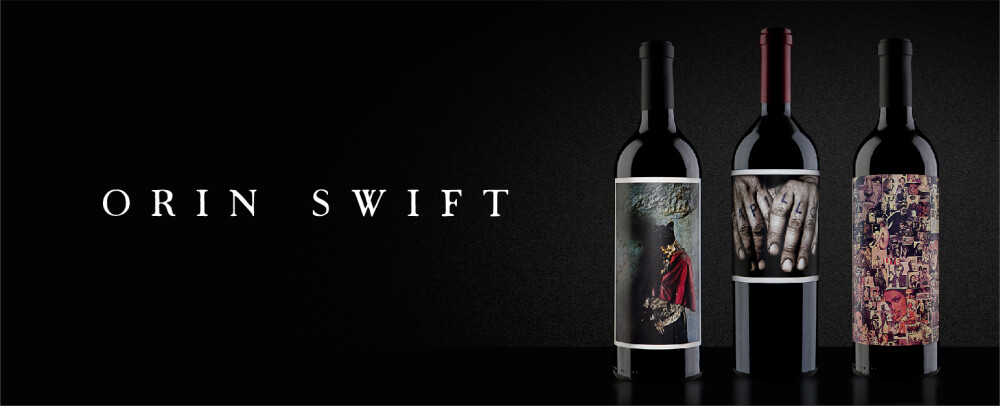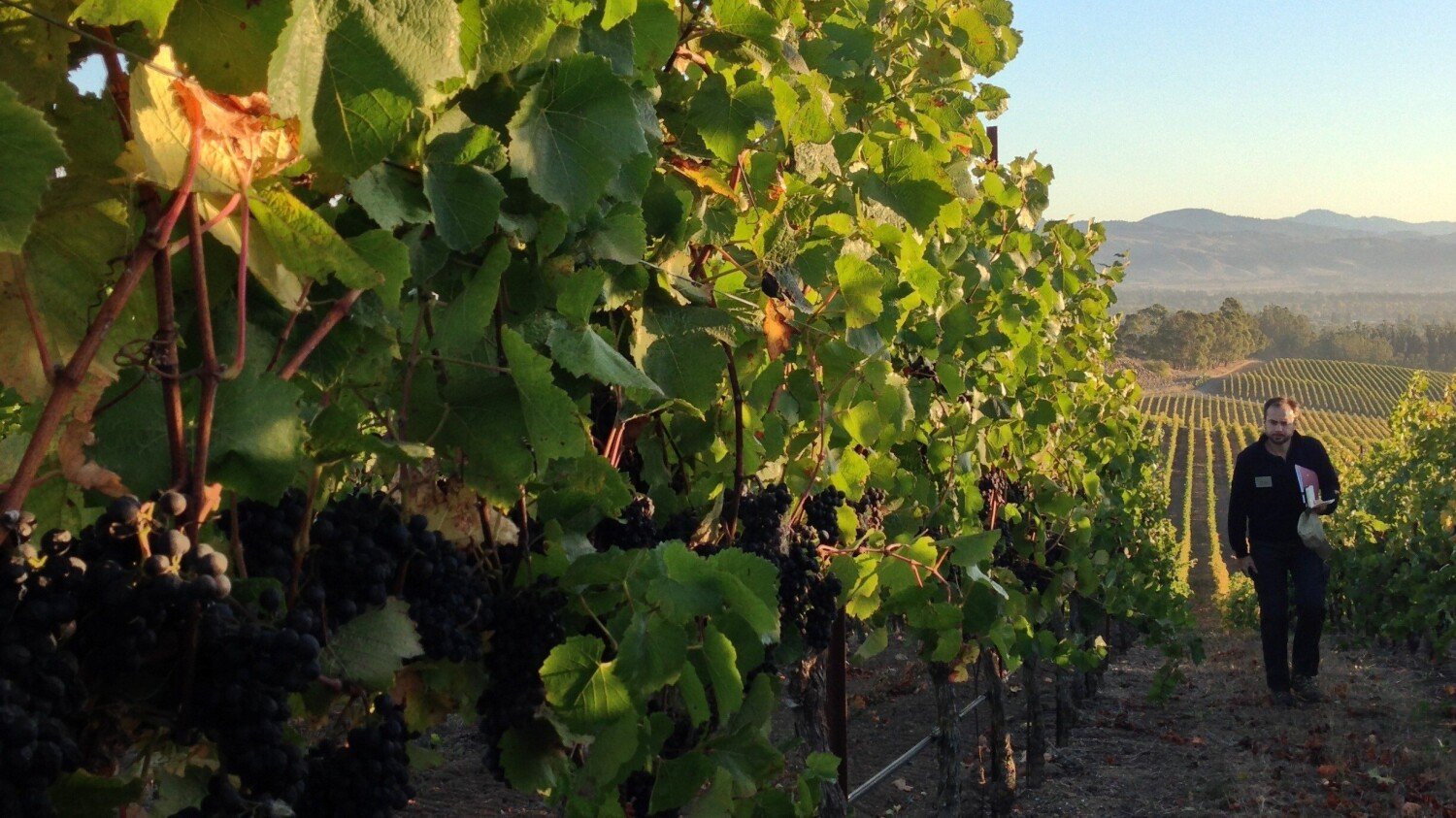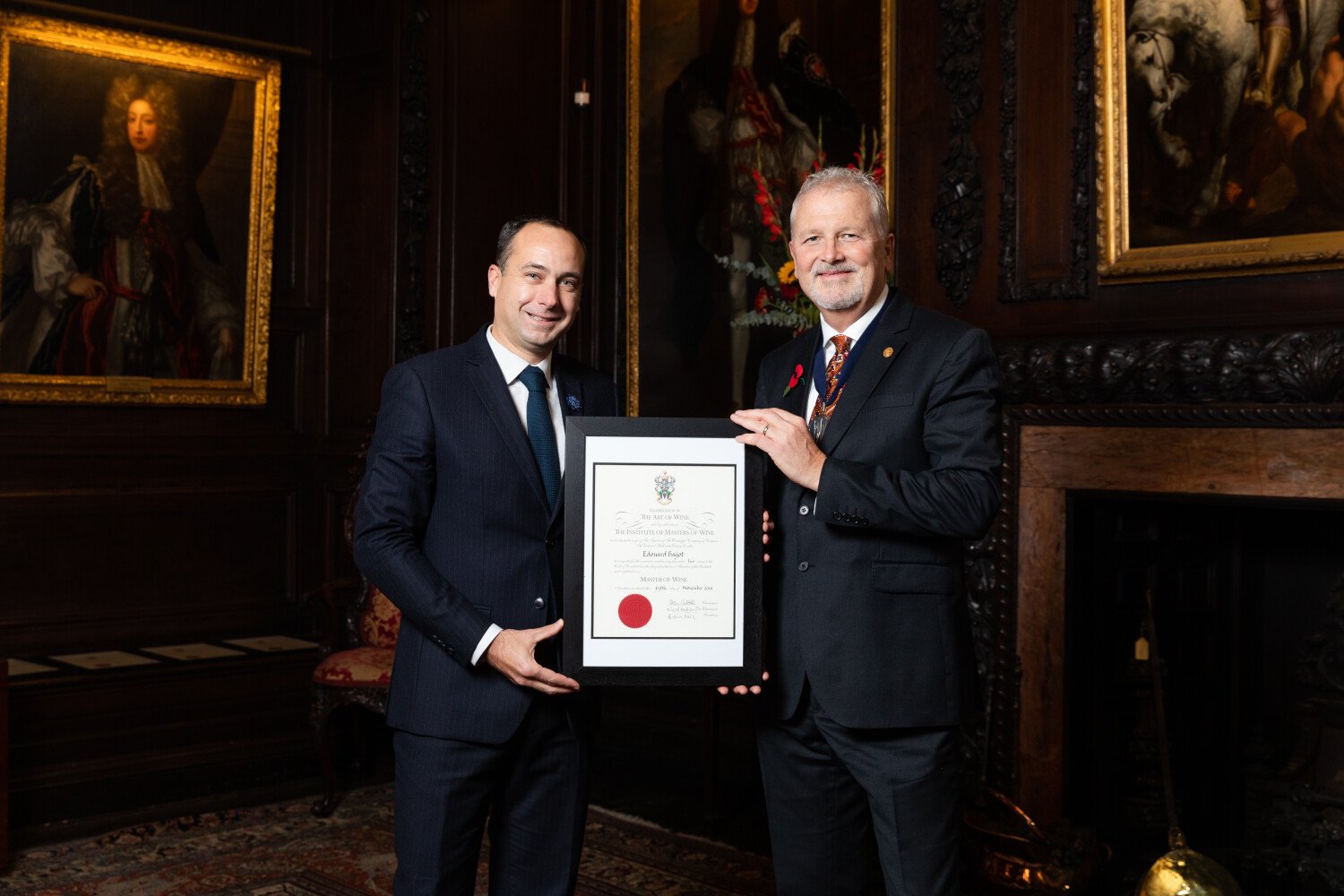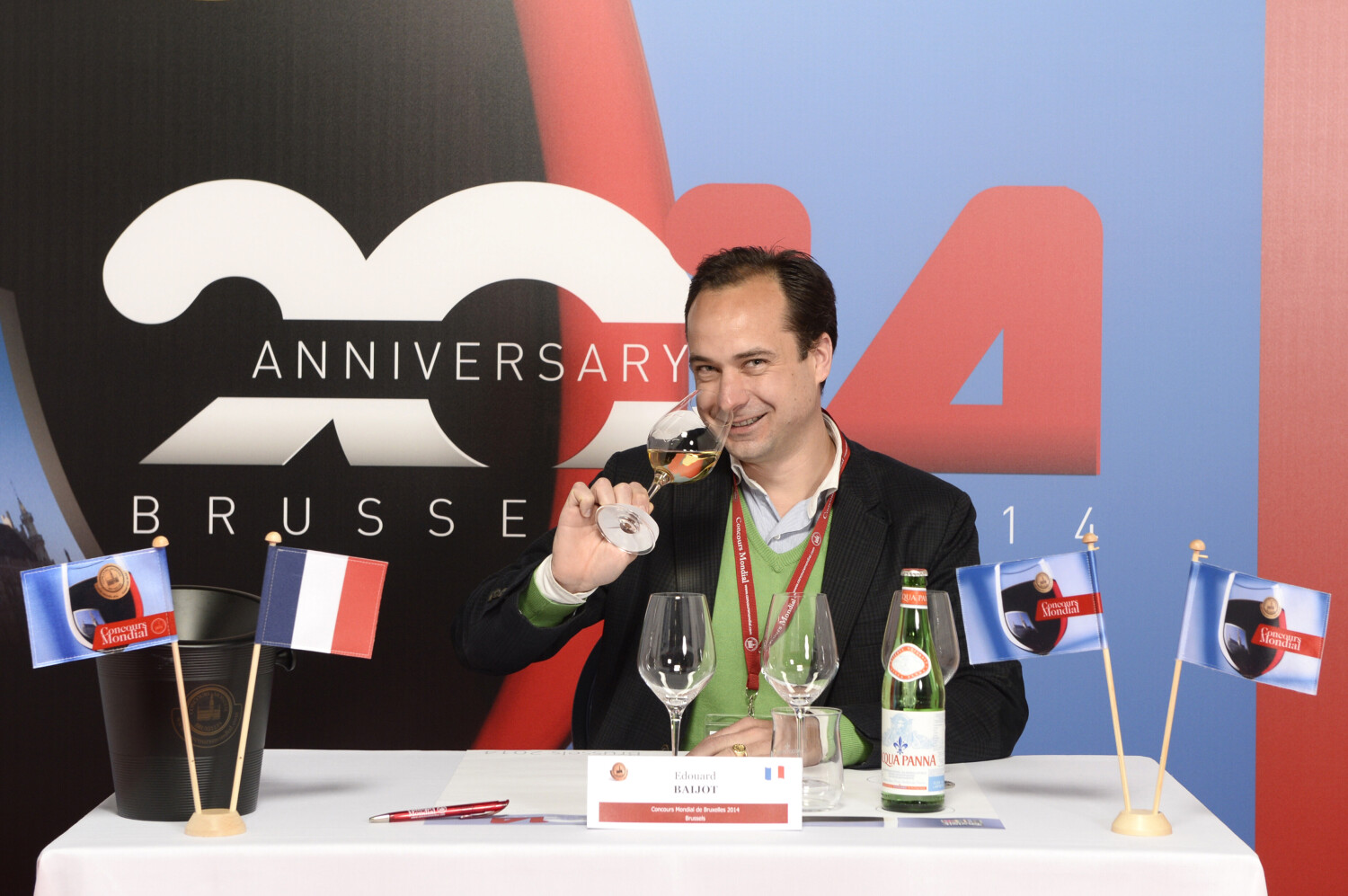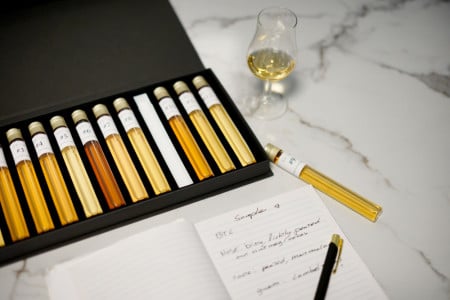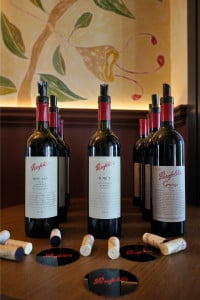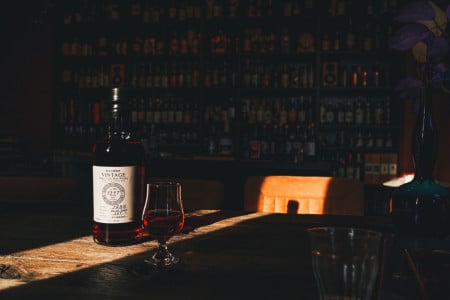You have worked for E. & J. Gallo in many different positions since 2002. Starting as a sales representative, you now hold the position of Director Fine Wine E.M.E.A. In this capacity, you are working with the ‘super premium category’. Could you mention some of the luxury brands in this category* which many people may not realise is in the Gallo portfolio?
When I started with Gallo in 2002, our portfolio of Fine Wines was limited to Gallo Single Vineyards and two Ernest & Julio Gallo Estate wines, a Cabernet Sauvignon and a Chardonnay. The same year the Gallo Family purchased Louis M. Martini which was their first acquisition in the Napa Valley. This purchase was part of a long-term strategy to grow our premium business with significant investments in vineyards, brands and wineries. Since then we have purchased J Vineyards in Russian River Valley (Sonoma), Talbott Winery in Santa Lucia Highlands (Central Coast) and, more recently Pahlmeyer, in Napa.
A big step was taken in 2016 following the purchases of Orin Swift in St Helena and Stagecoach vineyard in Napa. Orin Swift has really given a fresh excitement to our Fine Wines portfolio, with high demand on all wines produced by Dave Phinney (winemaker Orin Swift) and strict allocations per country and per customer.
In 2019 you obtained the title Master of Wine, the highest possible certification for wine experts and an extraordinary achievement. Currently, there are only 408 Masters of Wine worldwide. Could you tell us how you addressed studying for the exams? Any advice to people who are considering the same route?
When I started the MW programme I did not realise the amount of work required to pass this exam and after the first few seminars, I noticed that my knowledge was probably below the average of the group, so I had two options: stop or work hard, and I chose the second option. The year I successfully passed the exam, I woke up every day at 5:30 am to study for two hours before I started my business day. It was also a big investment during the weekend, and nothing would have been possible without my wife’s support in taking care of the family (we had 3 children then, 5 now!)
My biggest advice for students is the following “Do not find excuses, find solutions”. If you are not able to dedicate the necessary time to your studies or organize yourself to work hard, do not start as you will waste time and money, even if you have the opportunity to meet great people.


